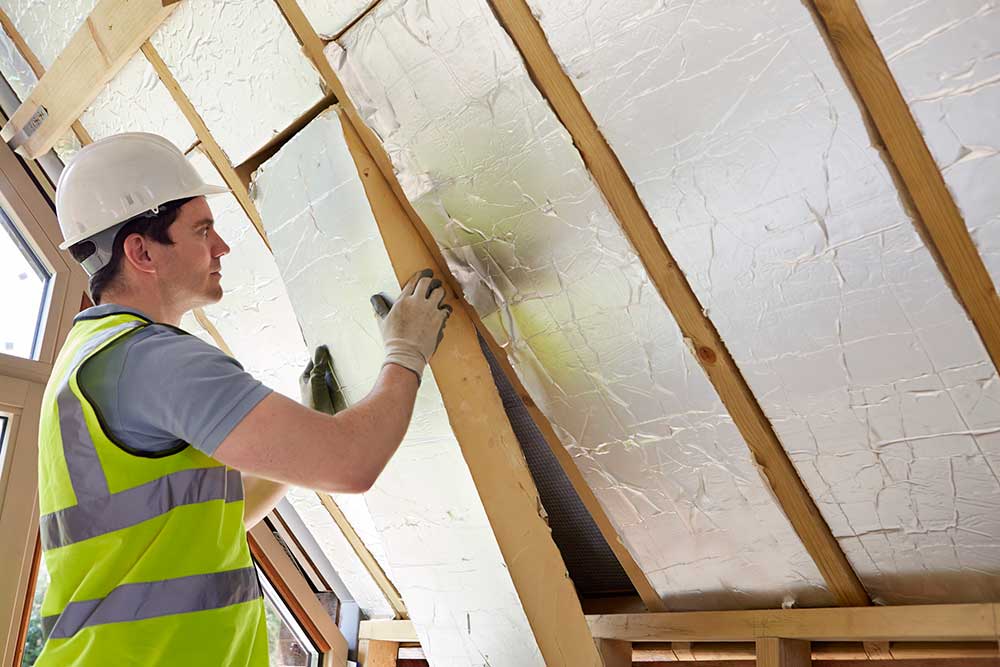
Commercial Thermal Insulation Operative
Careers Explorer:
Overview
As a Commercial Thermal Insulation Operative it’s your job to apply insulation materials and pre-formed cladding or weather proofing materials at commercial construction sites.
The insulation materials are designed to prevent heat loss, heat gain, maximise energy efficiency or provide personal protection and you could be working on a construction site or in a workshop.
You’re likely to be working under supervision to install and apply appropriate thermal insulation materials in line with the job specifications.
If you’re working on a refurbished building project, it’s likely you’ll need to remove existing materials and clean and prepare the surfaces ready for the application of the new insulation.

Top 5 Tasks
- Apply insulation materials to cylindrical and flat surfaces
- Clean and prepare sites and surfaces ready for application of thermal insulation
- Identify specific surface types and have awareness of the changing temperature and site conditions
- Work in accordance with job specifications and site instructions
- Work both indoors and outside in all weathers.
Salary
Starting salaries for trainee installers can be between £17,000 to £20,000 per year.
Experienced Installers can earn up to £30,000 per year.
Senior Installers can earn up to £45,000.
Salaries typically depend on location, employer and level of responsibility.
Am I Suited?
- Attention to detail
- Happy to work outside
- Team player
- Self motivator
- Head for heights
Qualifications
Employers may ask for GCSEs in Maths, English or Design and Technology. As there is not always a need to have qualification, experience of brickwork may be useful but not essential. A Level 2 BTEC First Certificate or Diploma in Construction may also be an advantage.
To become a trained installer you would work under the supervision of an experienced installer and would take a number of short courses offered by the product manufacturers. To become a fully trained installer can take between 3-6 months.
You can also chose to work towards the SVQ/NVQ Level 2 Insulation and Building treatments (Construction).
Installers may take additional short courses and further training combined with experience which may result in progression within the job role and the energy efficiency arena.






